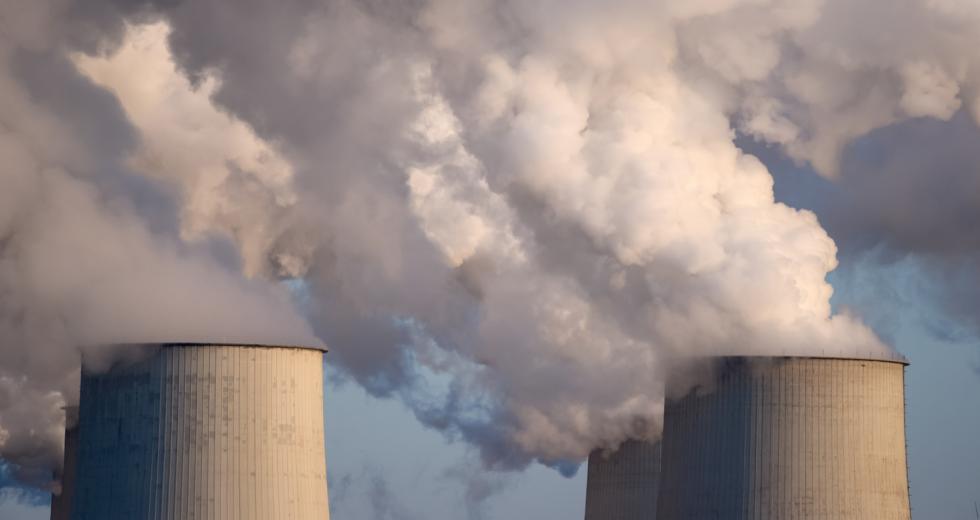California is considering a system to protect projects that cut global-warming emissions from a market downturn that may worsen under a Trump administration.
The state may guarantee the money these project developers get for emission-reduction and clean-fuel credits by auctioning options that oblige California to pay a minimum price for them, based on measures the state’s considering. Having a buyer of last resort encourages private finance.
California’s moving forward with aggressive programs to curb global warming, even as President-elect Donald Trump and his nominee for the Environmental Protection Agency have questioned the science around climate change. The auctions could underpin emissions-cutting projects in an era of volatile carbon prices and regulatory uncertainty.
Cost effectiveness is a key attraction of the auctions, said Ryan McCarthy, science and technology policy adviser to Mary Nichols, chair of the California Air Resources Board. States “might not have to spend a penny” if rising carbon markets mean projects don’t need to use the guarantee, McCarthy says.
The World Bank pioneered the auctions of credit price guarantees in 2015. The Climate Trust, a nonprofit organization based in Portland, Oregon, plans a similar mechanism called the Environmental Price Assurance Facility that it expects to start by next year. EPAF will act as a “buyer of last resort,” says Peter Weisberg, the senior investment manager at the trust.
Put Option
Under Climate Trust’s facility, private developers of low-carbon projects bid in a reverse auction for an option to sell their credits to the facility, known as EPAF, at a set price. If carbon market prices rise, auction winners don’t have to use their option and EPAF keeps the premium. If markets fall, the developer receives the fixed price.
California, which already has a cap-and-trade market and low-carbon fuel standard, is seeking to accelerate emission cuts in areas it doesn’t already regulate.
Under a draft California plan to deal with dairy industry emissions, one option would be to install equipment at hundreds of farms to capture methane from cow manure for transport fuel. Auctions for clustered farms willing to bid could help attract the finance — potentially about $500 million is needed by 2020 and $1.7 billion by 2030 — because the price of the low-carbon fuel credits would be guaranteed.
Nations around the world are gearing up to comply with emission-reduction targets under the Paris climate deal starting in 2020.
By guaranteeing credit prices, governments can boost investment in green projects for a lower cost than they might expect, says Scott Cantor, senior carbon finance specialist at the World Bank in Washington.
The World Bank has already collected $12.5 million from its auctions. That’s 23 percent of the potential obligation the facility may have to emission cutting projects. The program is supported by donor funding from governments including the U.S. and Germany.
“If you’re a country wanting to get the most bang for your taxpayer money to achieve your climate goals, the auction is a really good and effective tool to do that,” Cantor says. These are “very constrained times.”



